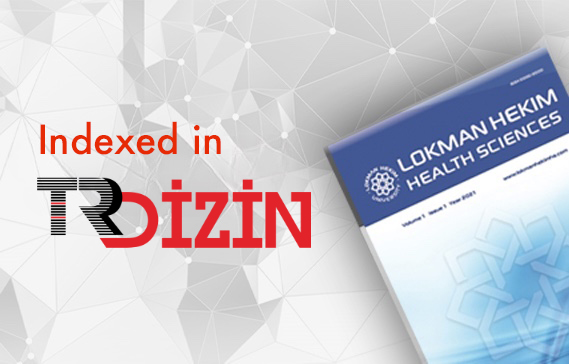2Department of Medical Biochemistry, Gazi University Faculty of Medicine, Ankara, Turkey
Abstract
Introduction: Adipocytokines are described as molecules synthesized from adipocytes, and in addition to their roles in metabolic disorders, these cytokines have recently been the focus of interest in autoimmune diseases. In this comparative study, we aimed to determine the levels of apelin and adiponectin molecules between relapses/remissions of MS and control subjects.
Materials and Methods: In this study, we include 34 relapsing-remitting MS (RRMS) patients and 20 healthy controls to evaluate apelin and adiponectin serum levels via the Enzyme-linked immunosorbent assay method.
Results: Between the RRMS and control groups, these molecule levels were statistically insignificant. On the other hand, significant differences were noted in terms of apelin and adiponectin levels between genders.
Discussion and Conclusion: Adipocytokines such as adiponectin, leptin, visfatin, adipsin, apelin, and ghrelin have already been examined in neuroinflammatory and neurodegenerative conditions. Despite the limited features of our study, the measured difference between apelin and adiponectin, especially during relapse, suggests that it may be possibly involved in this pathogenesis. Moreover, a significant difference was noted between serum adiponectin, apelin levels, and sex. We found higher levels in females compared to males in the remission period. The reason for this situation is yet to be identified, but we assumed that this may be attributed to the difference between fatty acid metabolism in men and women. In addition, this result correlates with the theoretical fact that MS affects women three times more often than men, and the prognosis in women is generally better than in men, which raises curiosity about the possible neuroprotective role of these molecules.
2Gazi Üniversitesi, Tıp Fakültesi, Tıbbi Biyokimya Anabilim Dalı, Ankara
Giriş: Adipositokinler, adipositlerden sentezlenen moleküllerdir ve metabolik bozukluklardaki rollerine ek olarak, son zamanlarda otoimmün hastalıkların da ilgi odağı olmuştur. Bu karşılaştırmalı çalışmada, MS hastalarında relaps ve remisyonları arasındaki apelin ve adiponektin moleküllerinin düzeylerini ve sağlıklı kontrol grubu ile karşılaştırmayı amaçladık.
Yöntem: Apelin ve adiponektin serum düzeylerinin ELISA yöntemiyle değerlendirilmesi için çalışmaya 34 relapsing-remitting MS (RRMS) hastası ve 20 sağlıklı kontrol dahil edildi. Bulgular: RRMS ve kontrol grupları arasında bu moleküllerin seviyeleri istatistiksel olarak anlamsızdı. Bunun aksine, moleküllerin düzeylerinde cinsiyetler arası anlamlı farklılıklar izlenmiştir.
Sonuç: Nöroinflamatuar ve nörodejeneratif süreçlerde adiponektin, leptin, visfatin, adipsin, apelin ve ghrelin gibi adipositokinler araştırılmaktadır. Çalışmamızın sınırlı özelliklerine rağmen, özellikle relaps sırasında apelin ve adiponektin arasındaki ölçülen fark, bu patogenezde olası bir rolü olabileceğini düşündürmektedir. Ayrıca remisyon döneminde kadınlarda, erkeklere göre bu moleküller daha yüksek düzeylerde izlenmesi, kadın ve erkeklerde yağ asidi metabolizması arasındaki farktan kaynaklanıyor olabileceğini düşündürmektedir. Bunun yanında, bu sonuç MS'in kadınları erkeklerden üç kat daha sık etkilediği teorik gerçeğiyle de koreledir ve kadınlarda prognoz genellikle erkek cinsiyete göre daha iyi olması bu moleküllerin olası nöroprotektif rolü konusunda merak uyandırmaktadır.






 Fatma Yekeler Özdemir1
Fatma Yekeler Özdemir1 









